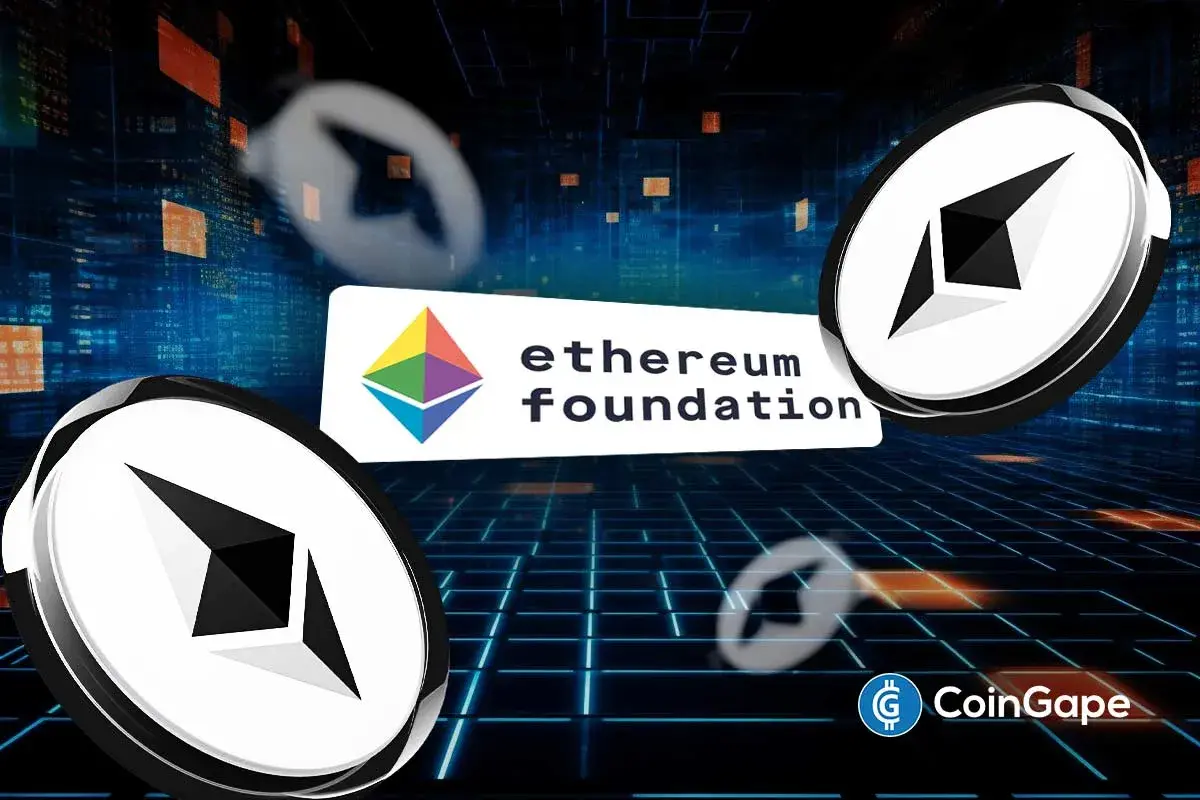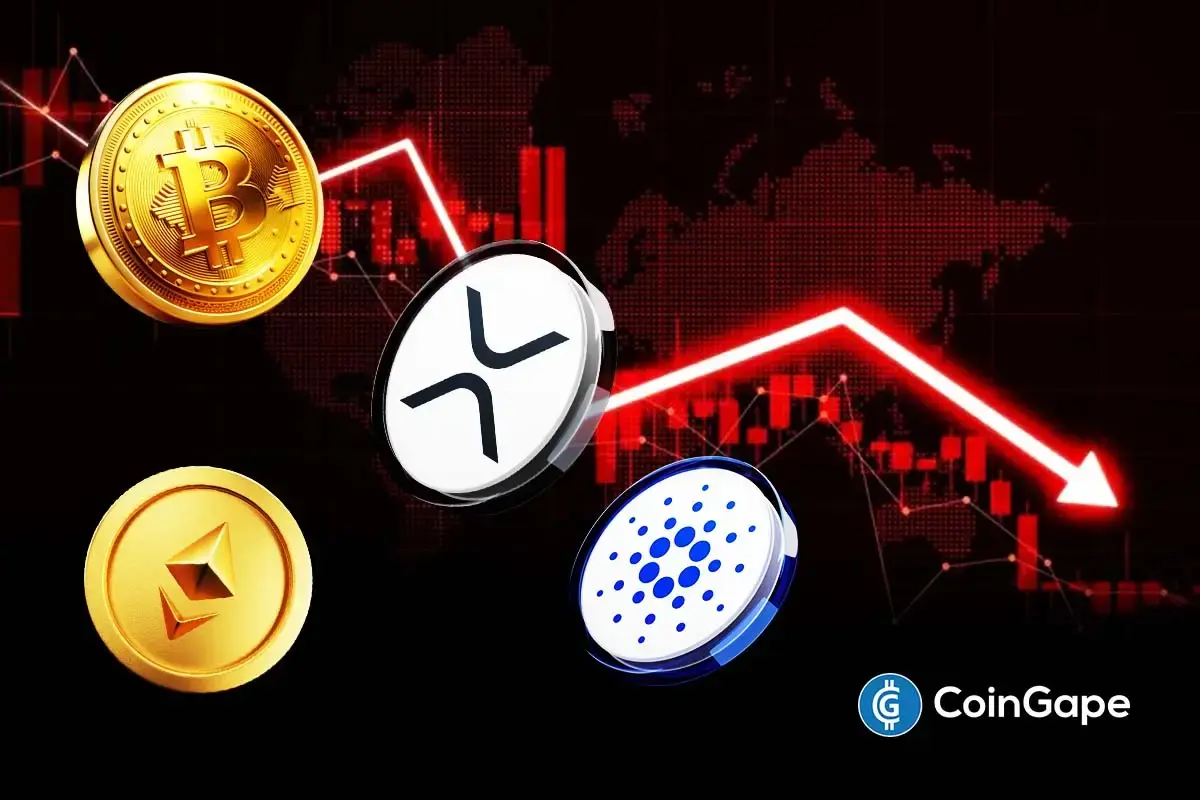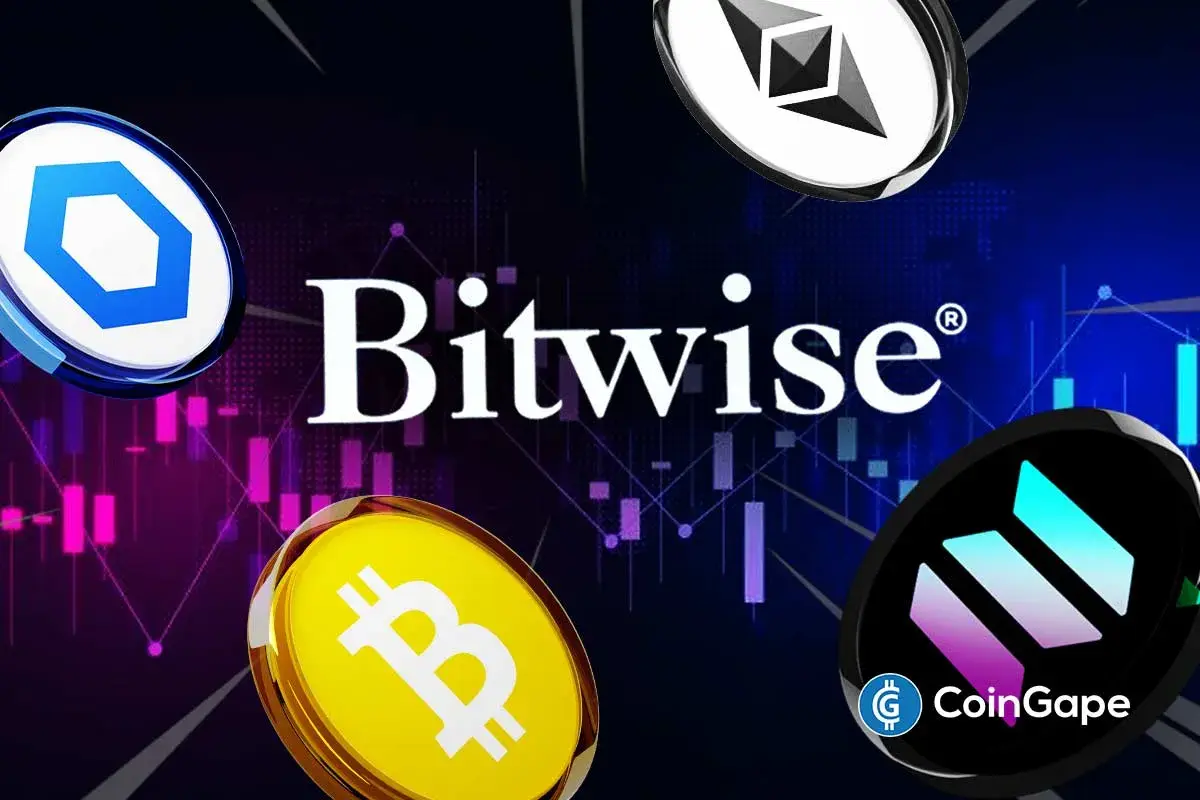Solana Introduces Ethereum Virtual Machine Rival “Solang”

Solana Labs, the team behind the scalable and fast Solana blockchain, has announced the release of a Solidity-compliant development tool, Solang. With the introduction of Solang, Solana Labs aims to make the Solana ecosystem more accessible to Ethereum Virtual Machine (EVM) developers.
Solana and Ethereum: the Need for Solidity Compatibility
This exciting development marks a significant step towards bridging the gap between the two blockchain ecosystems, allowing developers to build Solidity-based smart contracts on Solana’s network.
Traditionally, Solana development has relied heavily on computer languages such as Rust or C to create smart contracts. However, with the introduction of Solang, Solana Labs is expanding the platform’s capabilities and appealing to a broader range of developers familiar with Solidity.
By leveraging Solidity, the most widely used language in Ethereum (ETH), Solana is enabling Ethereum developers to seamlessly transition to the Solana ecosystem, bringing their expertise and projects to a high-performance blockchain with unparalleled scalability.
Additionally, the team noted that Solana has also expanded its developer reach with a multilingual ecosystem. The availability of multiple programming languages for building on Solana attracts developers with diverse skill sets, fostering innovation and growth within the Solana ecosystem.
In the past year, the introduction of Seahorse enabled developers to write Solana smart contracts in Python, the world’s most popular programming language. Today’s announcement builds upon this progress, continuing the mission to broaden the scope and accessibility of the Solana ecosystem.
Solang Vs EVM
According to the announcement, Solang enables developers to call other Solana smart contracts directly from their Solidity code. This feature promotes seamless integration and interoperability within the Solana ecosystem, allowing developers to leverage existing contracts and build complex decentralized applications with ease.
Additionally, Solang provides support for Solana SPL (Solana Program Library) tokens. Developers can create and interact with SPL tokens, which are native to the Solana blockchain, through their Solidity-based smart contracts.
Also, Solang integrates seamlessly with Anchor, a framework for building Solana smart contracts. Anchor simplifies the development process by providing high-level abstractions and tooling for Solana contract development. Overall, these features help to grow the Solana ecosystem by giving developers more flexibility and options for developing novel decentralized applications and services.
- Peter Schiff Casts Doubt on Bitcoin Rally Ahead of Trump’s SOTU Speech
- Putin Signs Law to Confiscate Bitcoin Amid Russia’s Crypto Crackdown, Pavel Durov Probe
- Michael Saylor’s Strategy Moves $83M in Bitcoin as $9B Paper Losses Raises Pressure
- Stripe Eyes PayPal Acquisition Amid Stablecoin Expansion
- Expert Predicts Deeper Bitcoin Decline as JPMorgan CEO Warns of Similarities to the 2008 Financial Crisis
- Cardano Price Signals Rebound as Whales Accumulate 819M ADA
- Sui Price Eyes Recovery as Third Spot SUI ETF Debuts on Nasdaq
- Pi Network Price Eyes a 30% Jump as Migrations Jumps to 16M
- Will Ethereum Price Dip to $1,500 as Vitalik Buterin Continues Selling ETH?
- XRP Price Outlook as Clarity Act Passage Odds Plunge to 53%
- COIN Stock Risks Crashing to $100 as Odds of US Striking Iran Jump

 Claim Card
Claim Card
















